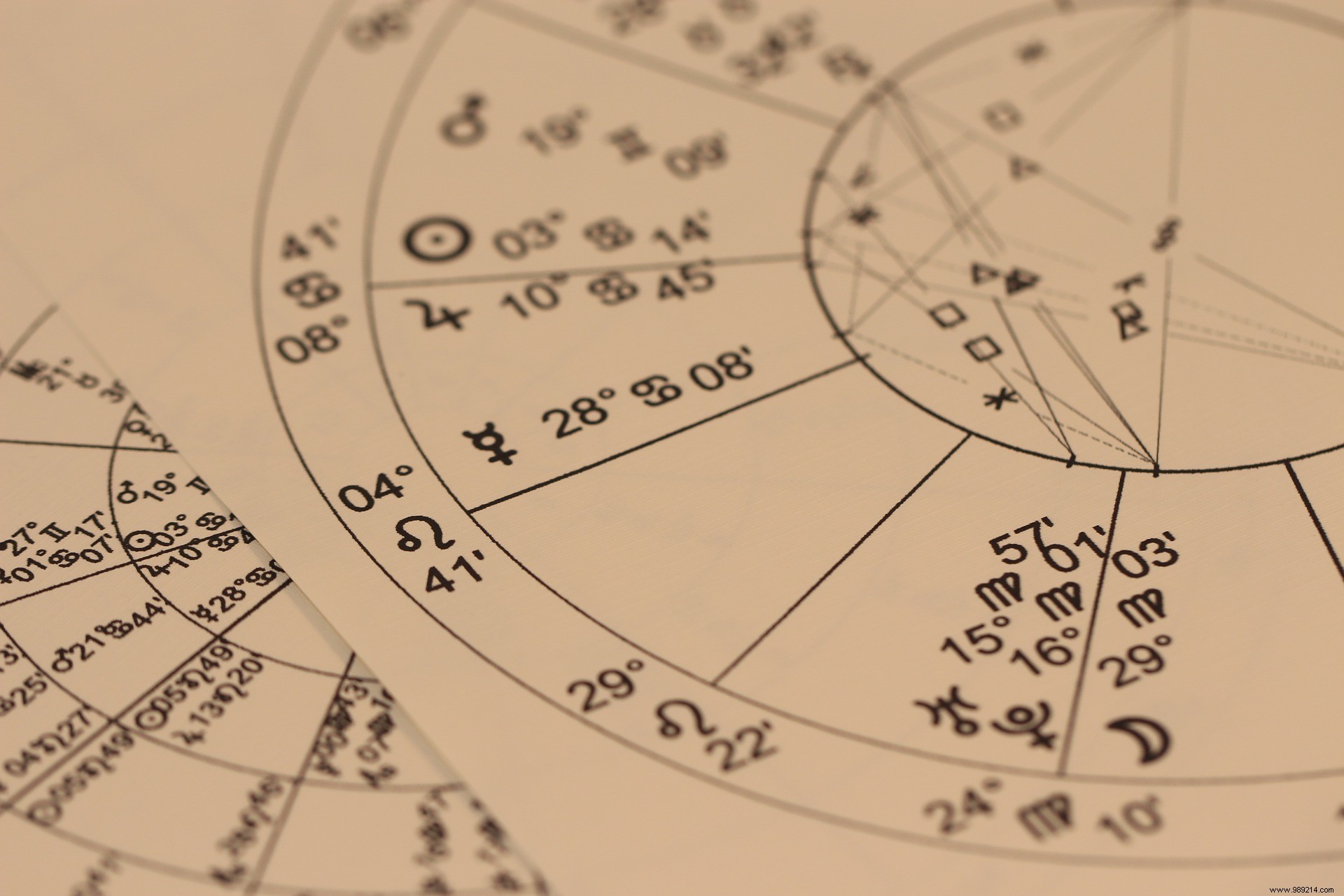Through a study, a team of psychologists point out that people who believe in astrology tend to be less intelligent than the norm and more self-centered- same. Their work is published in the journal Personality and Individual Differences.
Although it has never been scientifically proven that the movements of stars and their positions in the sky influence human behavior, astrology is growing in popularity. It is still unknown precisely why, but previous studies have already suggested that societies or individuals under stress or threat may be more likely to turn to astrology and other epistemically unfounded beliefs.
Although embracing astrology may seem innocent, it is nevertheless possible that it facilitates uncritical thinking, thus promoting prejudice. Furthermore, we know from previous work that belief in astrology correlates with belief in several other pseudosciences, as well as conspiracy theories.
In a recent study, three psychologists from Lund University tested whether individual personality traits could predict such epistemically unfounded beliefs.
To do this, they developed a questionnaire designed to identify the Big Five personality traits (extraversion, agreeableness, openness, conscientiousness, narcissism), and then added these questions to an abbreviated version of the Astrology Belief Inventory Assessment, created in 2006 by two researchers from Rovira i Virgili University. Finally, they also added a short IQ test.
Psychologists finally submitted this questionnaire to 264 English-speaking adults online , through Facebook. Data analysis was performed with multiple linear regression.
At the end of these analyses, the researchers found that people who professed a belief in the powers of astrology tended to achieve higher results than average on narcissistic measures . At the same time, they also tended to have poor IQ test scores . The study also points out that narcissistic traits correlate with the belief that astrology is backed by science, leading to speculation that narcissists might generally be more fact-resistant .
On the other hand, the higher a respondent scored in the IQ part of the questionnaire, the lower their chances of believing in astrology.

Overall, and despite the small sample size, these new findings suggest that something as innocent as astrology could both attract and possibly strengthen individual differences.
The fact that astrology is becoming more and more popular could also be linked to the cultural aspects of millennials (between 25 and 35 years old) who may emphasize the uniqueness of individuals, which could lead to a more egocentric view of the world, and thus relate to narcissistic traits.
Finally, according to the authors, the fact that astrological predictions tend to be worded in a positive way could also reinforce grandiose feelings and therefore further appeal to narcissists.